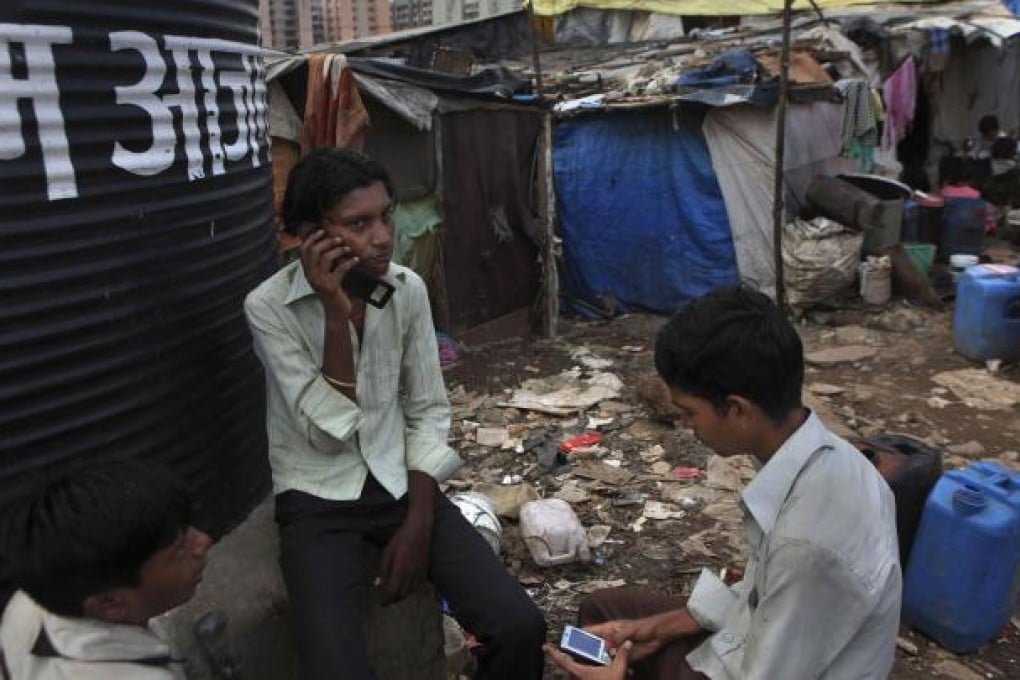More to digital divide than access
Roger Harris says that access to communications technology alone doesn't always bring development dividends; other factors are at play

The digital divide describes the differences between people with access to information and communication technologies and those without. In 2003, global leaders acknowledged at the World Summit on the Information Society that without access, poor people would miss out on the benefits of the information society - such as improved education, health, agriculture, government services and trade.
Subsequent efforts to close the digital divide have resulted in around 35 per cent of the world's seven billion people now using the internet. Nevertheless, with mobile phones reaching almost 80 per cent penetration in developing countries, there are claims that the end of the digital divide is in sight.
Yeah, right.
Access to information and communication technologies has not delivered the benefits of the information society that development planners had in mind. These claims ignore the fundamental aspects of the divide insofar as they affect the poor. A study in the US concluded that the use of computers for education or meaningful content creation is minuscule compared to their use for entertainment. Mobile phones are mostly used for socialising.
Moreover, the development impact of mobiles is often oversold. Making payments via mobile phones moves money around only slightly faster than it would otherwise move. Claims that more mobile phones lead to higher growth in gross domestic product ignore the more likely causal effect in the opposite direction. Only a tiny fraction of all mobile users are able to access applications for health care or education. Smartphones, like computers, are beyond the budgets of the poor.
Even where access to information and communication technologies is easy and/or affordable, it isn't always adopted. Research in Europe indicates that 24 per cent of Europeans, or 120 million people, have no use for the internet, rising to more than 40 per cent in Portugal and Greece.